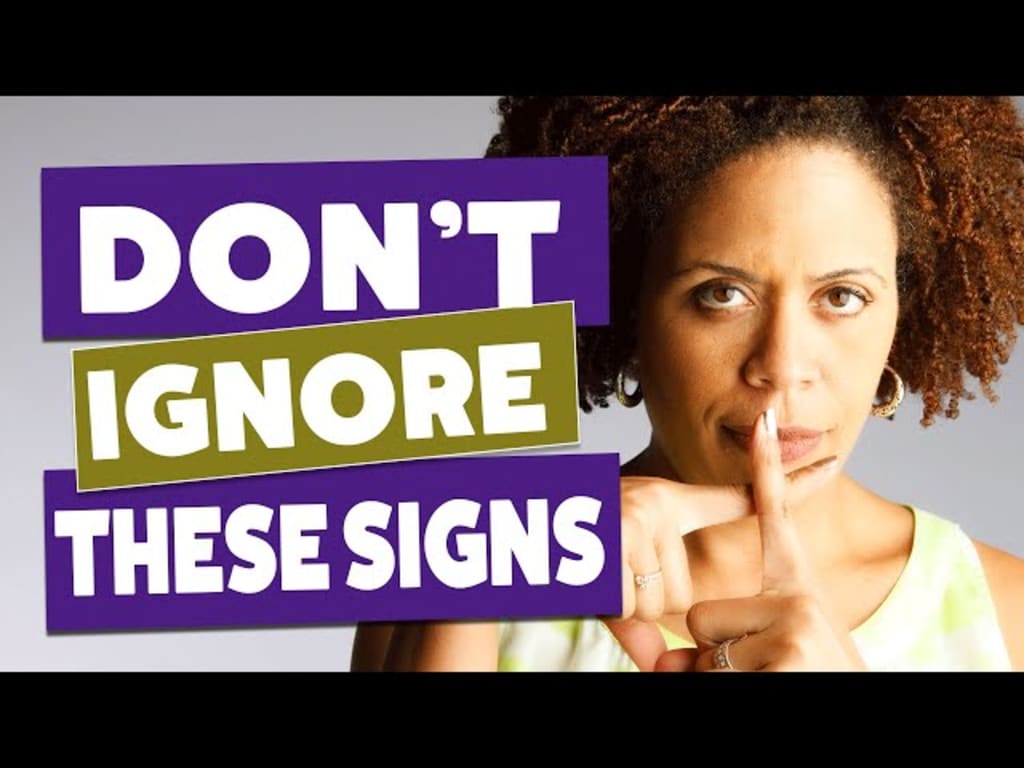10 PSYCHOLOGICAL PROVEN HABITS OF TOXIC PEOPLE.
Signs of toxic people.

Manipulation: They use tactics to control and manipulate others, often through guilt-tripping, gas-lighting, or emotional blackmail. A toxic friend might manipulate you into doing things by saying, "If you were a true friend, you'd help me with this even if it inconveniences you." This creates a sense of guilt to control your actions.
Constant Criticism: Toxic individuals frequently criticize and belittle others, eroding their self-esteem and confidence. A toxic boss consistently criticizes your work, highlighting every minor mistake and never acknowledging your achievements. This constant negativity can wear down your confidence over time
Lack of Empathy: They struggle to understand or relate to others' emotions, making it difficult for them to offer genuine support or compassion. Your partner is going through a tough time, and instead of offering support, a toxic person might say, "You're always so dramatic. Just get over it already." They fail to understand and validate your emotions.
Narcissism: A self-centered focus where they believe the world revolves around them, often dismissing or devaluing the feelings and needs of others. A narcissistic colleague might consistently interrupt conversations to redirect the focus back to themselves, dismissing others' contributions as less important than their own.
Victim Mentality: Toxic people often see themselves as perpetual victims, blaming others for their problems and refusing to take responsibility for their actions. A friend constantly blames others for their failures, saying, "It's always someone else's fault. I can never catch a break." They refuse to consider their role in the challenges they face.
Boundary Violation: They have a disregard for personal boundaries, invading others' personal space, and crossing emotional or physical lines without consideration. A toxic family member may pry into your personal life, asking intrusive questions and disregarding your requests for privacy, crossing emotional boundaries without hesitation.
Jealousy and Envy: Toxic individuals may harbor intense jealousy and envy towards others' achievements, leading to competitiveness and sabotage. A coworker may undermine your success by spreading rumors or downplaying your achievements because they are envious of your recognition and accomplishments.
Dishonesty: A tendency to lie or manipulate the truth to serve their agenda, creating an environment of mistrust.: A toxic partner might lie about their whereabouts or actions, creating a false narrative to avoid taking responsibility for their questionable behavior.
Negative Influence: Toxic people can bring negativity into every situation, draining the energy and optimism of those around them. A friend consistently focuses on the negative aspects of any situation, making outings or gatherings less enjoyable by always finding something to complain about.
Inability to Accept Feedback: They often resist or deflect constructive criticism, viewing it as a personal attack rather than an opportunity for growth. A team member reacts defensively to constructive feedback, insisting that they are always right and shifting blame onto others rather than using the feedback as an opportunity for personal and professional growth.
Recognizing these habits can be crucial in maintaining healthy relationships and protecting your well-being. Dealing with toxic individuals requires a delicate balance of self-preservation and empathy. Firstly, establishing and maintaining strong personal boundaries is paramount. Clearly communicate your limits and be assertive in enforcing them, preventing manipulation and boundary violations. Recognizing toxic behavior is crucial; listen to your instincts and trust your feelings when something seems amiss.
Maintaining a healthy level of self-esteem is equally essential. Toxic individuals thrive on undermining others' confidence, so cultivating a positive self-image can act as a shield against their negativity. It's vital to practice self-care and surround yourself with a supportive network of friends and family who uplift and validate your experiences.
When confronted with toxic behavior, choose your battles wisely. Not every situation requires a confrontation, and sometimes, disengaging is the best course of action. However, in cases where communication is necessary, express your feelings calmly and assertively. Lastly, know when to walk away. Recognizing that some relationships may be toxic beyond repair is an act of self-preservation. Prioritize your mental and emotional well-being, and be willing to distance yourself from those who consistently exhibit harmful behaviors. In navigating relationships with toxic individuals, maintaining a balance between compassion for others and protection of oneself is key.





Comments (2)
Please share your thoughts, and remember to like and share with your family members. Mental health is a priority. Thank you.
This guide provides valuable insights on setting boundaries, preserving self-esteem, and navigating relationships with empathy and self-preservation. 🌱💙